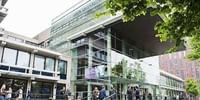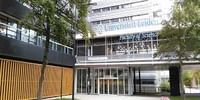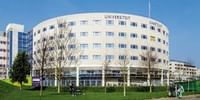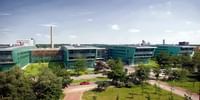The MSc in at ?is a dynamic, interdisciplinary field that combines engineering with natural and life sciences, such as biology, nanotechnology, physics, electrical engineering, chemistry and mechanical engineering.??
During the programme you can specialize in one of the following tracks:?
- Bioengineering technologies
- Imaging and in vitro diagnostics
- Physiological signals and systems
- Biorobotics
During this programme we will teach you to take the needs and interests of patients as your starting point and to convert those into a product. Once you have correctly analysed the problem, you will draw on your knowledge of?physics, mathematics, chemistry, mechanical engineering, electrical engineering, biology and medicine to come up with the desired technological solution.?
The programme is closely associated with the?Technical Medical Centre?of the University of Twente.?The Technical Medical Centre aims to improve healthcare by personalized technology. It is a leading innovation hub impacting healthcare by excellent research, innovation and educational programmes. You will have the opportunity to work with leading researchers and scientists during your programme.
Careers
Some of Biomedical Engineering graduates opt for a career in research, for example by securing a PhD position at a university or research institute. Other join research & development departments at large companies or go to work as a system engineer, product specialist or project manager in business and industry, where they develop new products and services for the healthcare market.?
There are also graduates that specialize further (with further education) as clinical physicists and take positions in a hospital where they are involved in the use, maintenance and safety aspects of medical devices.
The rest?of Biomedical Engineering graduates work as consultants, forging a link between research and the market, and advising healthcare providers on a range of issues.















